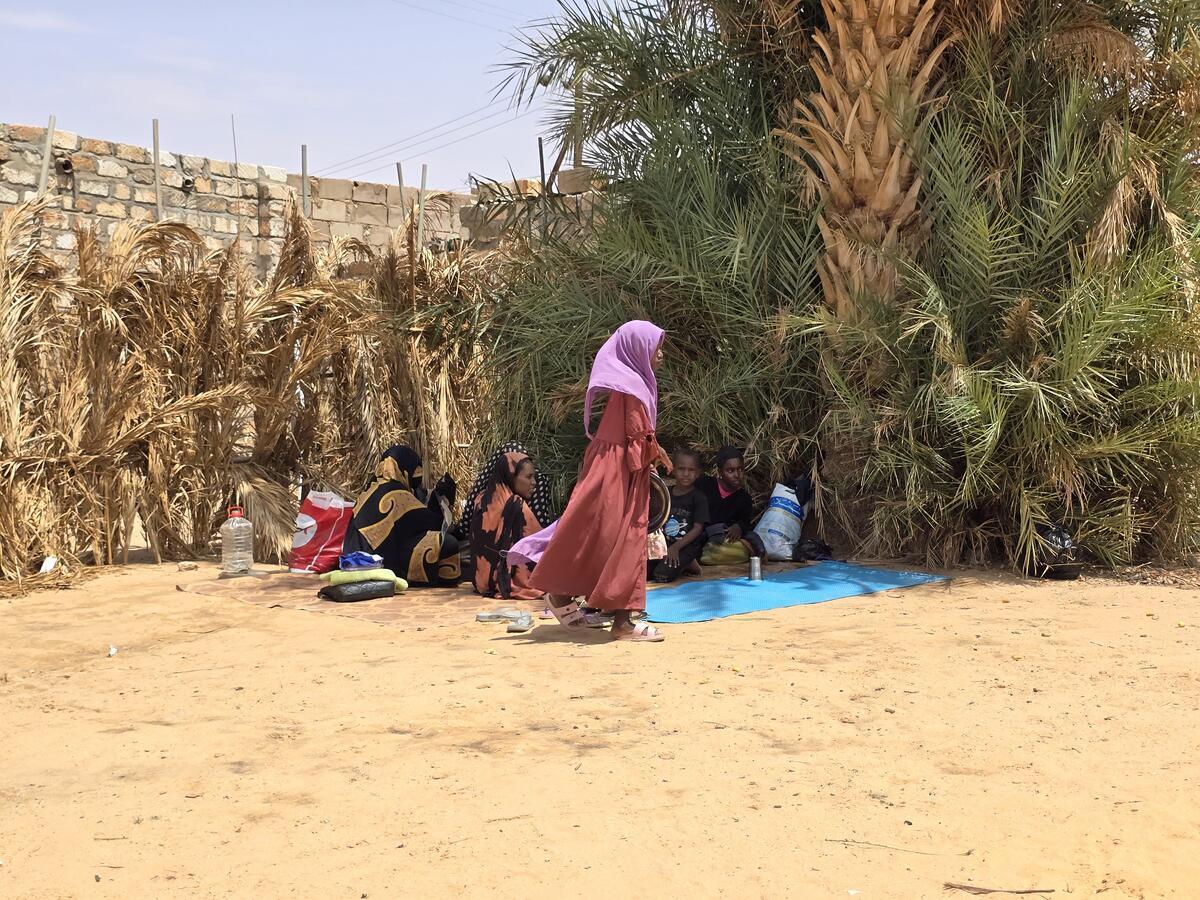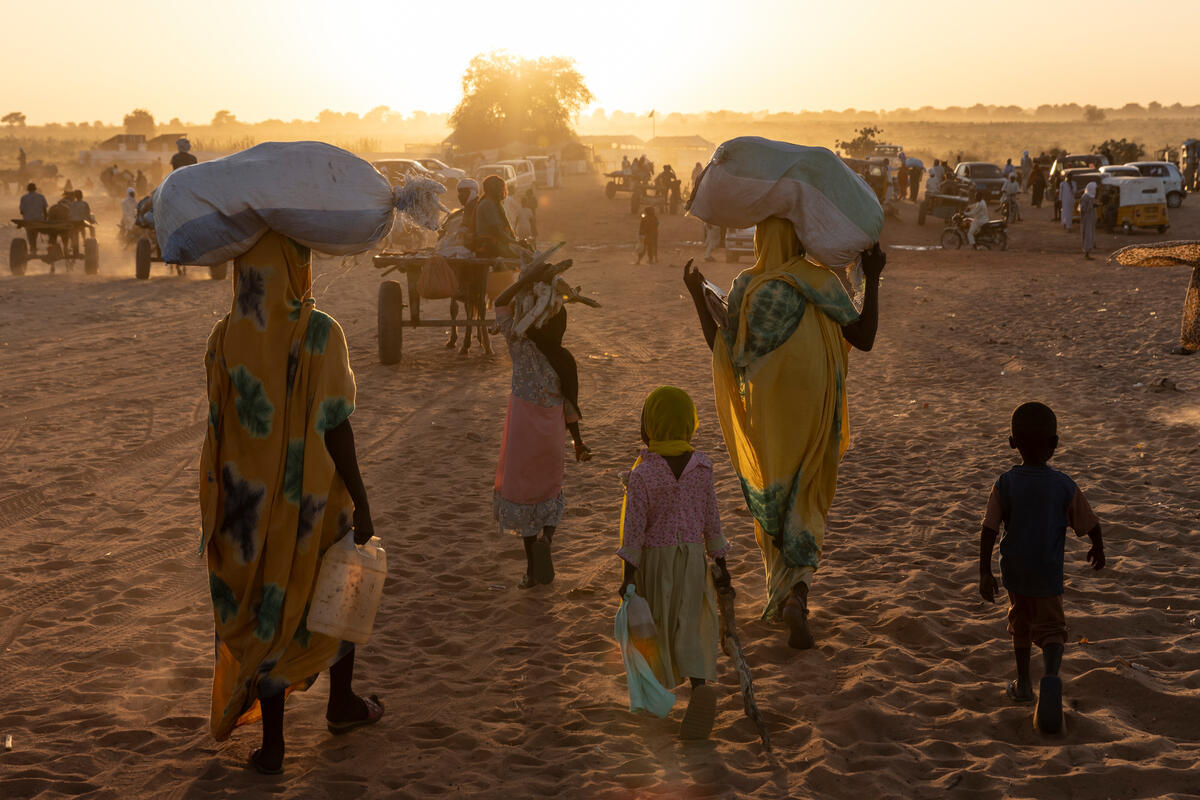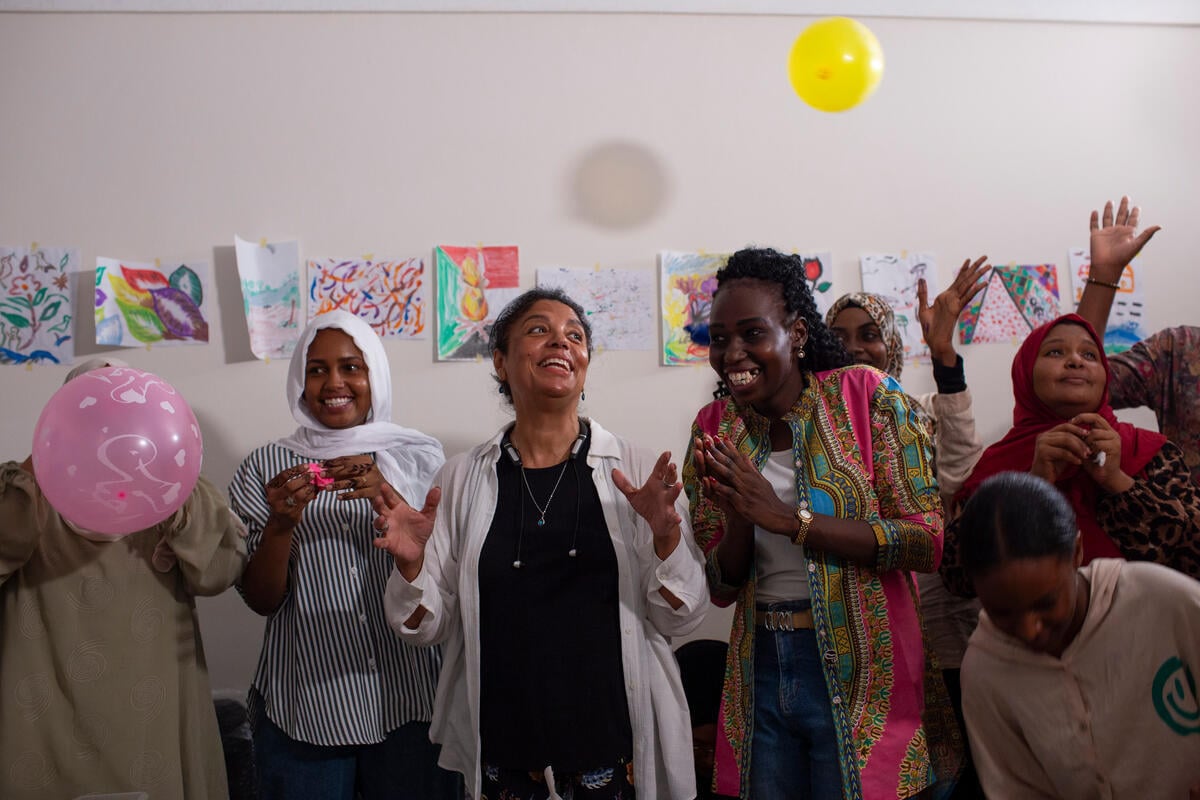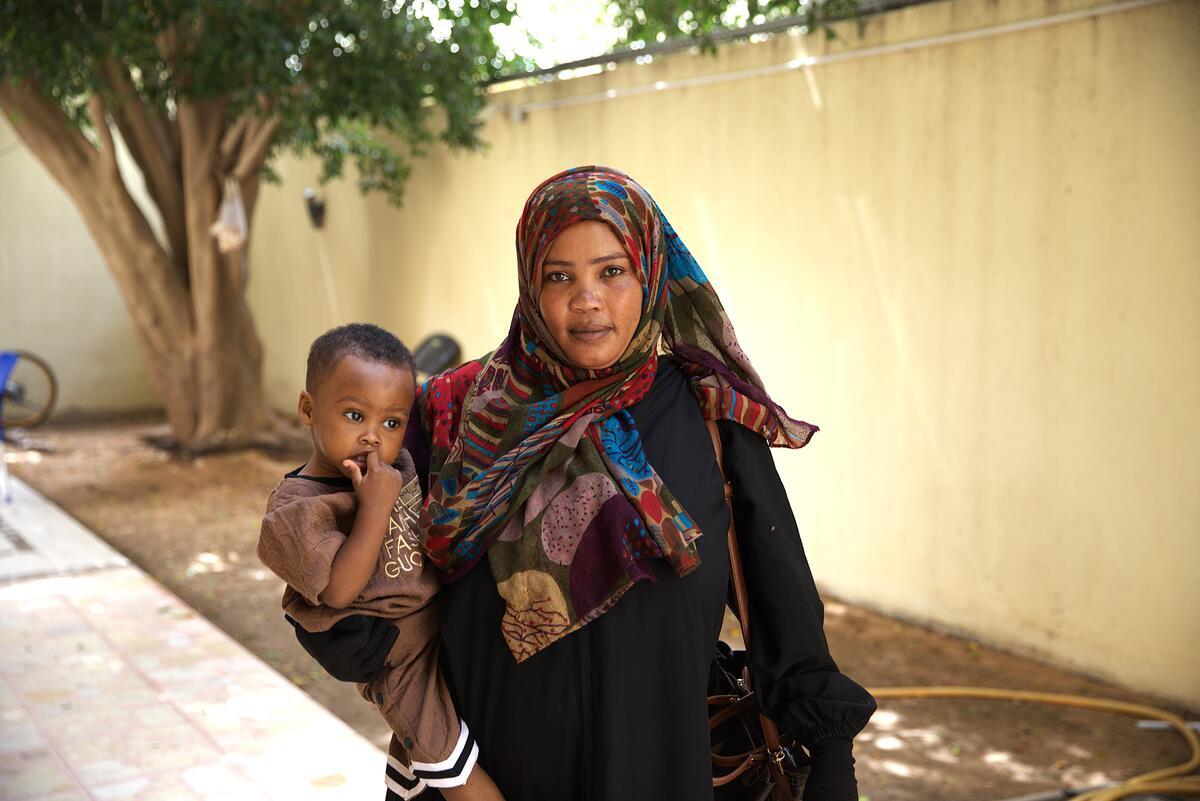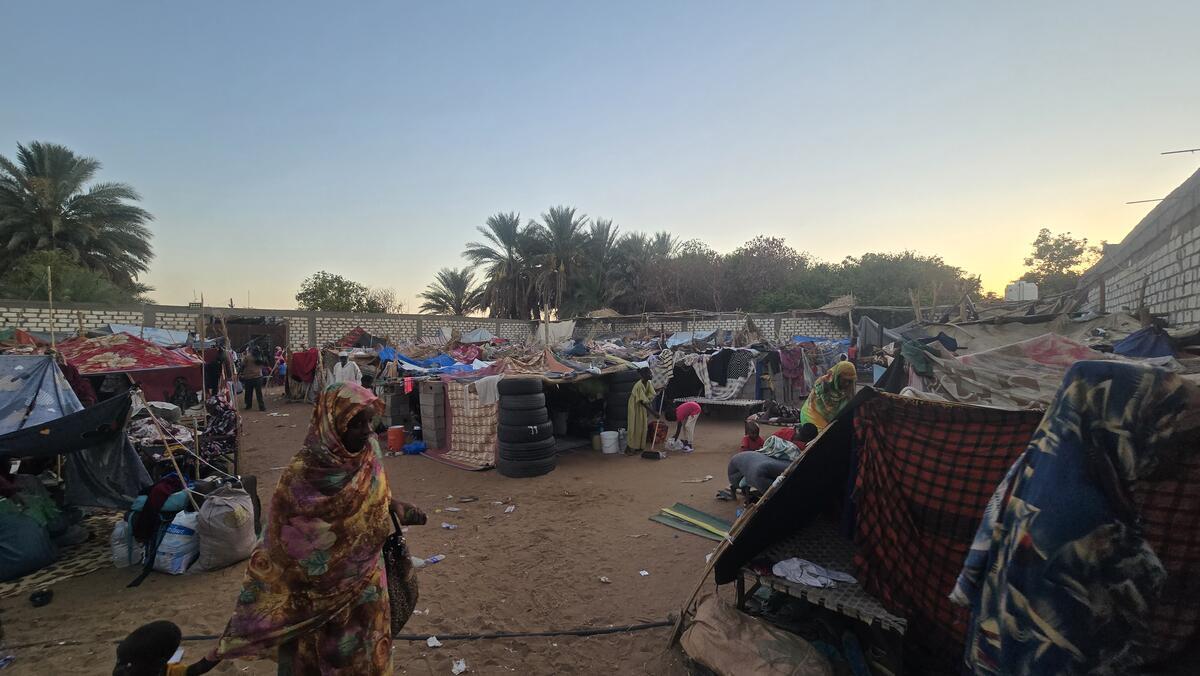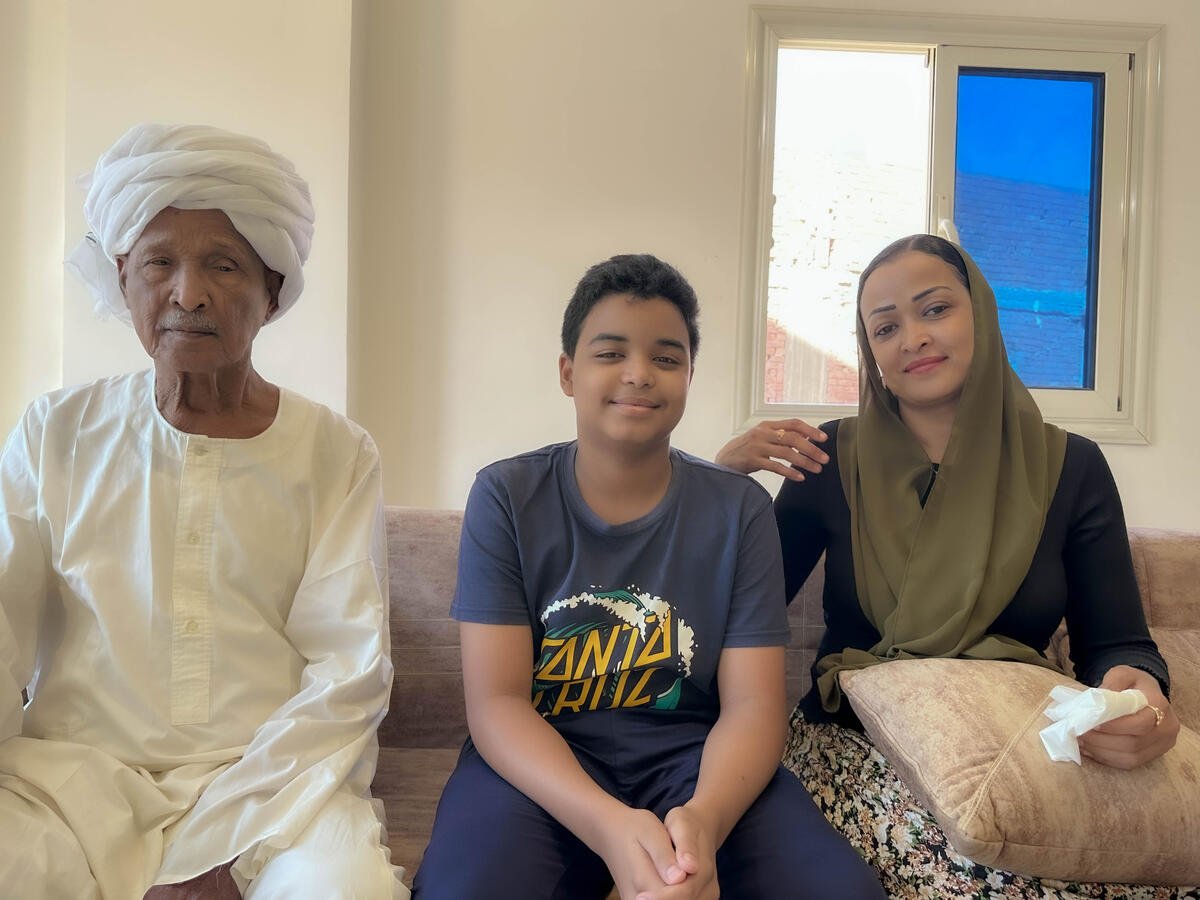UNHCR says evacuation flights not keeping pace with arrivals from Libya
UNHCR says evacuation flights not keeping pace with arrivals from Libya

GENEVA, March 11 (UNHCR) - The UN refugee agency said on Friday that evacuation flights for migrant workers and other foreigners fleeing Libya were not keeping pace with the number of people crossing to Tunisia and Egypt.
Arrivals have continued at the Tunisia-Libya border at a rate of around 2,500 people daily and Tunisia has pledged to keep the border open for those fleeing violence in Libya. But evacuation flights are not keeping pace with arrivals, with only 800-1,200 people departing each day, UNHCR spokesperson Melissa Fleming told journalists in Geneva.
"Currently, there are 17,000 people at the Choucha border transit camp comprising 25 nationalities, most of them Bangladeshi. All are awaiting onwards travel or other solutions," Fleming said, while adding that UNHCR and the International Organization for Migration (IOM) had renewed a call for more long-haul flights to Bangladesh and other Asian and sub-Saharan Africa destinations, with a current estimated shortage of some 70 long-haul flights.
"We are grateful for funding given by donors for chartering flights, which is being used to ramp up the number of departures this weekend," she said.
New arrivals in Tunisia continue to describe many checkpoints between the Libyan capital of Tripoli and the Ras Adjir border crossing with Tunisia, some say in excess of 100. UNHCR has also heard consistent reports that telephones, SIM cards and cash have been taken at these checkpoints. "We have also heard numerous accounts of threats and discrimination on the basis of skin colour throughout the country," Fleming said in Geneva.
A young man from Zimbabwe, who was interviewed in Tunisia, said he fled Tripoli after a gang broke into his house and attacked his mother and sister, dousing them with gasoline and burning them alive. "I can't sleep, I keep seeing them in front of my eyes," he said. "I have nobody now."
Meanwhile, intense fighting in western Libya is reportedly leading to limited access to hospitals with many new arrivals saying that they were too afraid to venture out of their homes for food. According to Eritrean and Somali refugees who recently arrived in Tunisia, some of their friends and family in Tripoli are too afraid to travel to the border.
Fleming said UNHCR staff and the agency's partners in Tripoli continue to man a 24-hour hotline for refugees and asylum-seekers in Libya. "To date we have received close to 800 calls from refugees and asylum-seekers in Libya, as well as some of their relatives abroad. Many of the refugees are requesting assistance and documentation from UNHCR, which we are providing in Tripoli," she said. Refugees continue to convey their fears of being caught up in fighting, their lack of resources and their wish to be evacuated.
At the Choucha camp in Tunisia, this frustration boiled over into anger on Thursday when groups of Bangladeshi men began roaring and charging through the camp. The protest culminated in a ritual of carrying a man on the arms of the crowd down the main road towards the border. The protestors called on their government to take them home and also demanded food.
In another development, the Italian government earlier this week evacuated 58 Eritreans from Tripoli. This included 20 families, the majority women and children. UNHCR commends the Italian government for taking this important humanitarian initiative.
At the Egypt border, an estimated 4,500 people continue to be stranded. According to UNHCR staff most people are sleeping in the open. The majority are Bangladeshi. UNHCR staff have described very harsh conditions, with bitter cold and rain adding to the misery of these people.
To date, more than 230,000 people have fled the violence in Libya, including 118,000 to Tunisia, 107,000 to Egypt, over 2,000 to Niger and some 4,300 to Algeria. The Algerian government has formally informed UNHCR that its borders are open to all people fleeing Libya. A UNHCR team will be deploying to the border shortly.

